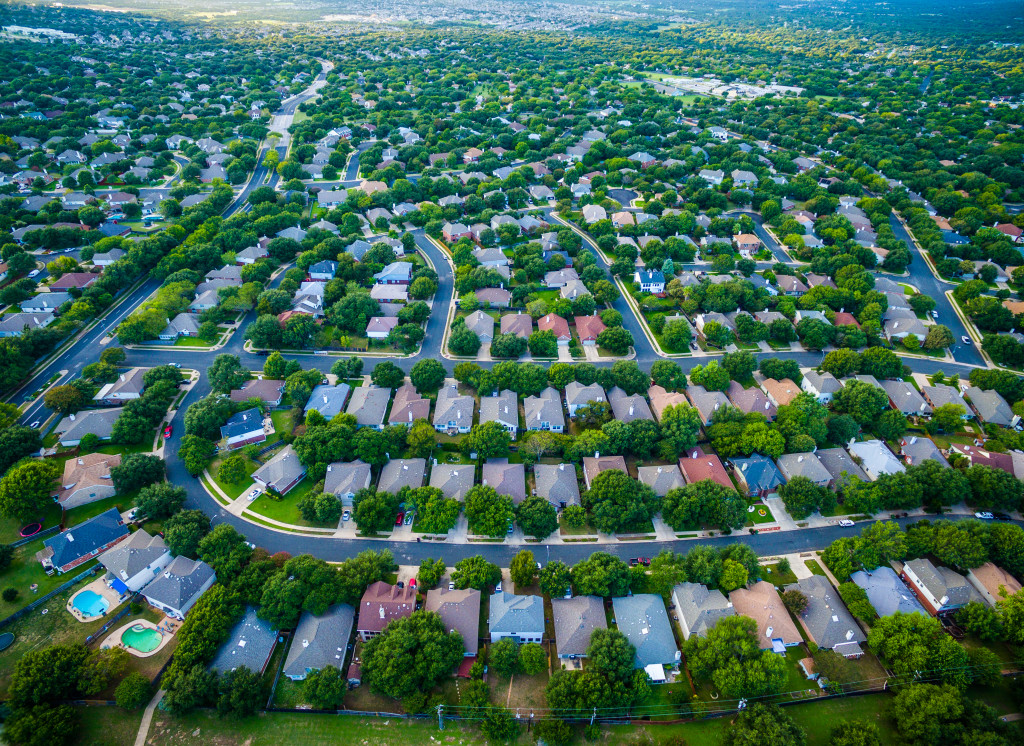Approximately 12.6 million deaths every year are linked to unhealthy environments. Today, as the globe grapples with the effects of the pandemic and works to find ways to live despite it and one day overcome it, the importance of healthy cities has never been more urgent.
Communities have lately focused on ensuring public health systems have enough capacity to accommodate COVID-19 and non-COVID-19 cases. Economic recovery has also been another significant thrust during this period, as many have been searching for ways to stabilize employment despite pandemic limitations.
These are necessary pursuits, of course. However, long-term environmental management programs to prevent disease spread and encourage healthier living is another aspect that requires our attention.
Improvement on Sanitation Measures
One of the most pressing environmental concerns that COVID-19 has revealed gaps in is sanitation. These are some ways cities can effectively prevent the spread of diseases.
1. Household waste management is an essential factor.
Poorly managed household waste, especially solid waste, attracts numerous pests that can spread disease. Decaying waste naturally contains bacteria, which flies and rats gravitate towards as they hunt for food. As they continue to come into contact with these dirty materials, they carry and then transmit illnesses to the next place they travel to.
One thing to note for hot and humid locations is that they are great breeding grounds for mosquitoes, as they prefer warm and wet environments. There is also such a wide range of mosquitoes that while some of them can be simple nuisances to daily living, others can be disease carriers. They can spread dengue, malaria, and Zika, among other illnesses.
Insect repellents and traps for egg-laying mosquitoes are some effective preventive measures for these. Another step to take is to mind areas that tend to get damp and regularly clean these up. Keep your yards neatly trimmed, too, to give mosquitoes fewer areas to hide and lay eggs.
2. Encourage pollution-curbing measures in neighborhoods.
Responsible waste management should not just be addressed among households. They also need to be practiced on a community level to achieve long-term results.
An excellent way to get the people in your local area involved is to organize a community-wide cleanup to quickly and directly address areas of concern. Have residents report areas that require urgent attention and prioritize these areas for your efforts.
Keeping trash in their proper places should also be encouraged. Clearly mark areas for garbage disposal and even have signs that inform the public of fines and environmental consequences of improper waste disposal.

Sustainable Environmental Management Methods Needed
Curbing pollution should also go hand in hand with finding sustainable methods to ensure that disease prevention efforts do not disregard environmental concerns.
1. Companies should shift to sustainable methods.
As climate change has become a more pressing issue globally, businesses also face the huge responsibility of adopting better methods. Companies must now go past the idea that their primary purpose is to make profits. The negative environmental impact that usual operations contribute towards also adversely affects business.
In addition to the irreversible environmental effects, today’s consumers have also grown more conscious about the sustainability thrusts of the brands they purchase from. Especially today, as COVID-19 has highlighted the devastating consequences of climate change, businesses are expected to respond in favor of sustainability.
Businesses that want to pursue longevity, then, should prioritize sustainability.
2. Public should also be encouraged to transition to sustainable practices.
While much of the responsibility for adopting sustainable practices lies in corporations, average citizens can also make changes for the environment.
One way is to begin using energy-efficient appliances. Some examples of these are water-saving shower heads, solar-powered lighting, and smart thermostats. Mind your energy usage, too, and turn off or unplug devices when not in use.
Additionally, consider the many ways you can reduce waste as a household. For instance, always bring reusable bags before going grocery shopping. Then devise meal plans to reduce food wastage, which in turn will also lessen risks for virus transmission caused by improper waste disposal.
Personal Health as Another Important Pursuit
Communities must also emphasize the small ways in which individuals can prioritize their health, and that is through proper hygiene practices. During pandemic times, hand washing has proven to be a simple and effective way to prevent COVID-19, among other illnesses.
Preventive efforts must also encourage proper diet and physical fitness, as these build a person’s immune system and their ability to fight off various illnesses. Remind the people in your area that protecting yourself also protects others. By working together, communities can then build a stronger and healthier community.
